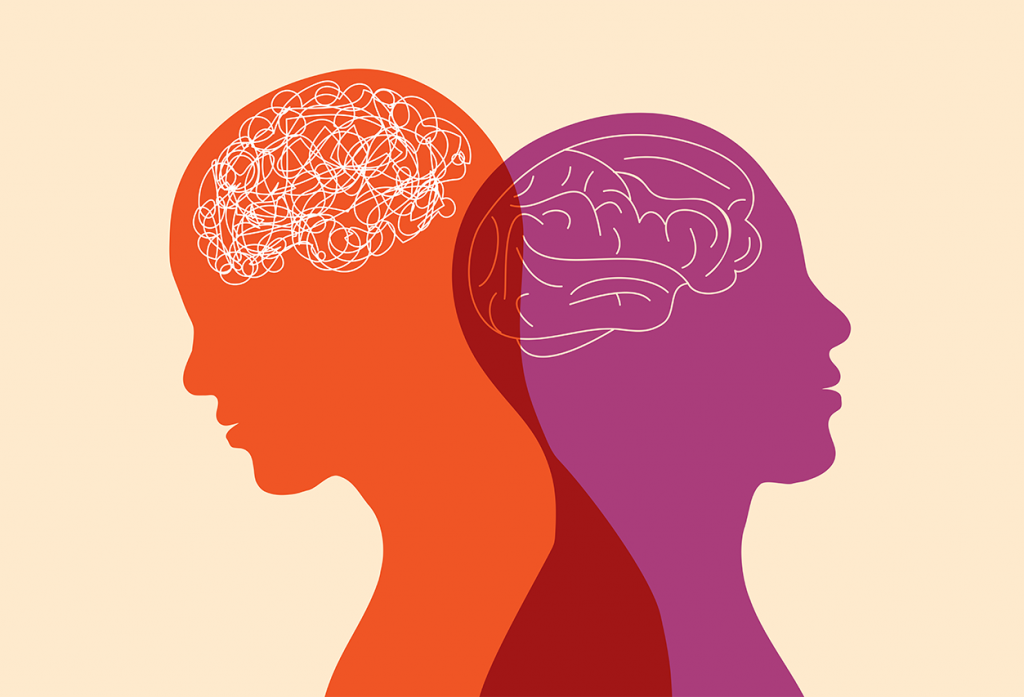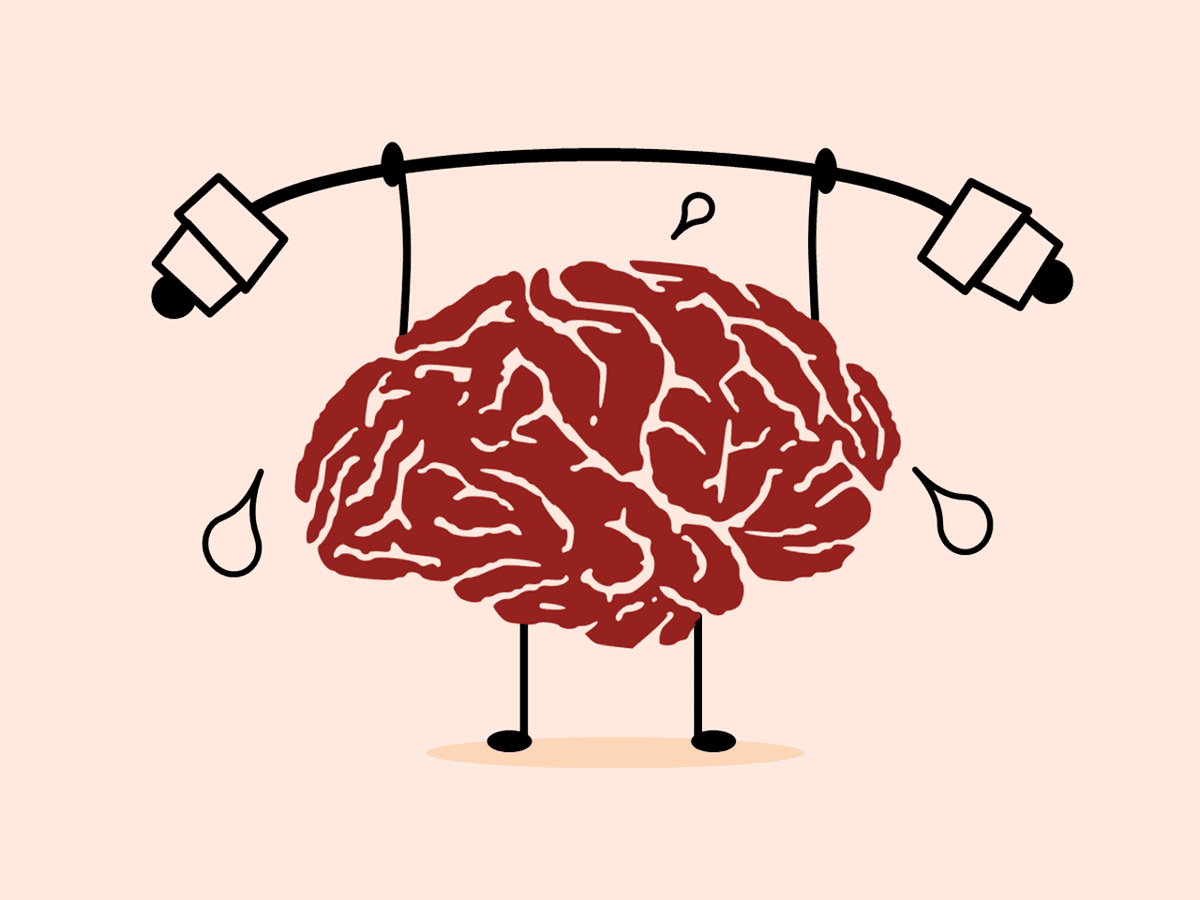Discovering Mental Health Services That Fit Your Personal Journey
Discovering Mental Health Services That Fit Your Personal Journey
Blog Article
Comprehensive Inpatient Mental Health Services for Effective Therapy
Inpatient mental health and wellness services stand for a crucial component of the health care system, giving a intensive and organized setting for individuals experiencing severe emotional distress. These services use a multidisciplinary technique, integrating numerous evidence-based treatments to resolve the intricate demands of clients. The efficiency of such extensive treatment extends past immediate stabilization; it additionally includes the change to outpatient assistance, an essential stage frequently forgot - mental health services. Exploring the subtleties of this continuum exposes considerable ramifications for both individual healing and wider psychological health end results. What factors absolutely affect this change, and how can we boost its performance?
Recognizing Inpatient Mental Wellness Providers
Inpatient mental health solutions give important support for people experiencing severe emotional distress that can not be handled properly in an outpatient setup. These services are developed to provide an intensive degree of treatment in a structured atmosphere, frequently within a health center or specialized center. People admitted to inpatient programs commonly present intense signs, such as suicidal ideation, extreme anxiety, or psychosis, requiring day-and-night monitoring and intervention.
The admission procedure usually involves a detailed analysis by psychological health experts, who review the individual's mental state, history, and immediate needs. When admitted, individuals participate in a selection of healing modalities customized to their specific demands, including medicine management, private therapy, and team sessions. This alternative strategy intends to stabilize the client's condition, promote safety, and foster coping abilities.
Inpatient mental health solutions not only address immediate health issues but also act as a bridge to recurring treatment. By supplying a controlled environment, these services promote the development of treatment strategies that can be proceeded in outpatient setups, hence guaranteeing a continuum of care and improving lasting end results for individuals with complex mental wellness demands.
Secret Elements of Effective Therapy
Efficient treatment in inpatient mental health solutions makes up several essential parts that promote healing and stablizing. Most importantly, a thorough evaluation is necessary to determine the person's certain demands and difficulties. This assessment notifies the growth of a customized therapy strategy, which works as a roadmap for intervention.
One more essential component is the multidisciplinary team technique. Collaboration among psychiatrists, psychologists, nurses, and social employees makes sure that various point of views contribute to the client's treatment, enhancing the effectiveness of therapy. Evidence-based therapeutic techniques, such as cognitive-behavioral treatment (CBT) and dialectical actions treatment (DBT), are likewise important, providing organized techniques that address maladaptive thought patterns and behavioral issues.

Last but not least, a focus on aftercare preparation is crucial to make sure a seamless shift to outpatient services, decreasing the threat of regression and promoting long-term wellness. These collective elements produce an efficient therapy framework within inpatient mental health services.
Benefits of Comprehensive Treatment

Thorough care in inpatient psychological health and wellness services uses various advantages that substantially improve client end results. One of the main advantages is the all natural approach to therapy, dealing with not just the mental signs and symptoms however also the physical, social, and emotional needs of clients. This detailed assessment enables customized interventions that promote total well-being.
One more advantage is the assimilation of multidisciplinary teams, which fosters partnership amongst healthcare experts. This joint setting makes certain that clients get worked with treatment, decreasing the threat of fragmented therapy and boosting interaction amongst caretakers. Furthermore, extensive care facilitates continuity of solutions, allowing for smooth transitions from inpatient to outpatient settings, which is essential for long-term recovery.

Finally, the structured atmosphere of thorough inpatient care offers a risk-free area for people to take part in therapeutic tasks, helping them develop coping techniques and resilience. Collectively, these advantages add to extra reliable therapy and enhanced high quality of life for individuals experiencing psychological wellness dilemmas.
Evidence-Based Therapeutic Techniques
In the world of psychological health treatment, evidence-based therapeutic methods play an important duty in making sure that patients receive reliable and scientifically supported treatments. These techniques integrate the most effective readily available research study with professional expertise and individual worths, promoting a tailored treatment experience that attends to individual needs.
Cognitive Behavioral Treatment (CBT) is among one of the most widely acknowledged evidence-based approaches, focusing on recognizing and altering unfavorable idea patterns and habits. This structured approach has shown efficiency in treating problems Inpatient Mental Health Facility such as clinical depression, anxiousness, and PTSD. Dialectical Actions Treatment (DBT) is specifically efficient for individuals with borderline personality condition, stressing the advancement of psychological guideline and interpersonal effectiveness skills.
Furthermore, medication administration is typically an indispensable part of evidence-based therapy, as psychotropic medicines can alleviate signs and enhance overall functioning. Collaborative care models, which entail multidisciplinary groups, better enhance the efficacy of inpatient services by guaranteeing thorough examinations and continuous monitoring.
Ultimately, the combination of evidence-based healing strategies not just promotes favorable scientific outcomes but likewise encourages patients, fostering a sense of company and strength in their mental wellness trips.
Transitioning to Outpatient Assistance
The transition from inpatient psychological health and wellness solutions to outpatient support marks a critical stage in a patient's healing journey. This period needs cautious planning and coordination to ensure connection of care and to mitigate the risks of regression or dilemma. Efficient discharge planning should commence early in the inpatient stay, involving a multidisciplinary team that consists of psychiatrists, psychologists, registered nurses, and social employees.
Crucial element of a successful shift consist of the growth of an extensive aftercare strategy tailored to the individual's particular demands. This plan must describe follow-up consultations, medicine monitoring, and restorative treatments, along with recognize community resources and assistance groups that can help with continuous recuperation.
Furthermore, individual and family education is essential during this phase. Recognizing the signs of prospective problems and the value of sticking to treatment can empower people and their support group.
Normal follow-up and reassessment of the outpatient plan are necessary to resolve evolving challenges. By promoting a collaborative partnership between inpatient and outpatient carriers, the chance of continual recuperation rises, inevitably boosting the person's lifestyle and lowering the threat of readmission.

Final Thought
In recap, extensive inpatient psychological wellness solutions offer a necessary structure for addressing severe mental distress via a multidisciplinary strategy. By integrating evidence-based therapies, promoting a structured atmosphere, and advertising family members participation, these solutions enhance treatment effectiveness. The emphasis on stability and the advancement of coping skills not just help in instant healing yet additionally promotes a smoother change to outpatient treatment. Ultimately, such comprehensive care is vital for long-term mental health and well-being.
The admission process usually entails a thorough evaluation by mental health specialists, that examine the individual's psychological state, background, and immediate requirements.Efficient treatment in inpatient psychological health and wellness services consists of a number of essential components that cultivate healing and stabilization.Thorough care in inpatient mental wellness services supplies many benefits that significantly improve client end results.The shift from inpatient mental wellness services to outpatient assistance marks a critical stage in a patient's recuperation journey.In recap, extensive inpatient psychological health and wellness solutions provide an essential structure for addressing serious psychological distress with a multidisciplinary approach.
Report this page